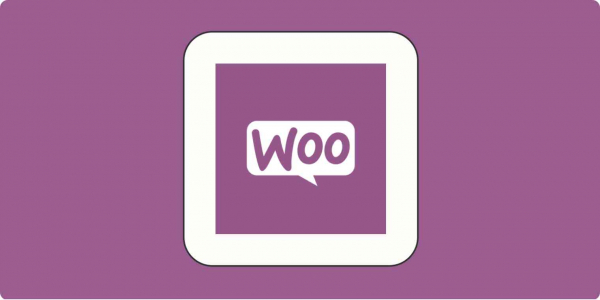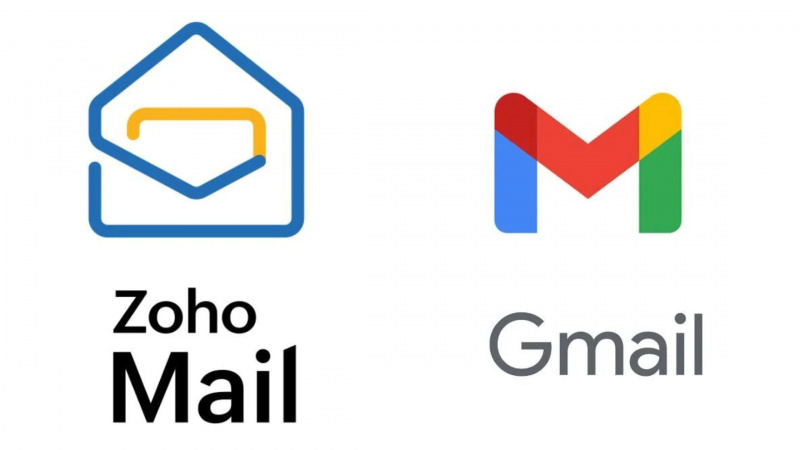Top 5 Best Ecommerce Platforms for Your Business in 2024
- by B2B Desk 2024-05-08 10:20:50
As online shopping gives a boost to traditional stores, companies in the sector have put a lot of effort into e-commerce to make their customers happy. But with so many e-commerce sites available, it can be difficult to decide which one is best for your business. Hope to use again? SleekFlow is here to give you the ultimate guide to choosing the best ecommerce platform.
What is an e-commerce platform?
An e-commerce platform not just for selling goods and services, it also helps businesses handle daily tasks like accounting, inventory, sales, and customer service. Put simply, it's a mix of front-end and back-end tasks, all completed via the internet. Here are the top 5 best Ecommerce platforms for your business in 2024.
1. Shopify

Shopify is a leading e-commerce platform that provides a complete solution for small businesses to create and manage their online store. With a wide range of features and tools, Shopify offers an easy-to-use platform and a full ecosystem of third-party apps and plugins.
Some of the benefits of using Shopify include ease of use, a large app store, and a variety of themes. However, disadvantages can include transaction fees for using third-party payment gateways and custom processing options for advanced users.
Shopify offers pricing plans to meet the needs of different businesses. The basic plan starts at 29 USD per month, while premium plans offer more features and lower fees. Each plan includes hosting, SSL certificates, and access to the Shopify app store.
For small businesses using Shopify, a Mercuri integration can improve the overall customer experience. Mercuri's Autopilot Assistant offers 24/7 customer support, personalized experiences, and easy customer support. By partnering with Shopify, Mercuri helps businesses increase revenue by selling products, driving leads, and providing user-friendly customer service. supported by GPT-4 and legacy formats.
2. Wix

Wix offers personalized templates, hosting, and domain name services through its drag-and-drop website builder. Creating a simple website is free, but to access the e-commerce tools, you must switch to a paid subscription.
Wix provides e-commerce merchants with the ability to receive online payments, monitor orders, and streamline order management across various channels.
However, Wix lacks the features that businesses need. For example, basic skills are not developed, and other forms are lost. To get these features and the ability to sell via social media, you need to use third-party software.
3. BigCommerce

BigCommerce offers a free trial for 15 days and then you can choose one of the different plans to sell and grow online. The average price is USD 29.95 per month. They don't charge additional transaction time and you can enjoy unlimited products, file storage, bandwidth, and user accounts. The company can find a custom plan to fit your needs.
4. Tribe

Tribe is an eCommerce store solution built on the Laravel framework. Tribe was founded with the goal of helping small businesses and local marketers create an online presence for business.
The family is created in the heat of the epidemic to help small shops recover and cope with economic stagnation. According to Deloitte, the recovery of COVID-19 is due to the sudden stoppage of the work of the customer, while all the previous ones are due to different reasons such as the increase in credit , reduce the risk or breakdown of market cats. With people under strict restrictions to prevent the spread of the disease, eCommerce activity has increased rapidly. In this scenario, the need for consumers abroad to go digital is evident. To help these customers get online, Tribe has emerged as a self-hosted and cost-free platform.
5. WooCommerce

WooCommerce is your perfect choice if you have a WordPress website. The plugin is free to use but you have to pay WooCommerce hosting and server fees. When it comes to store management, communication, SEO, and security, costs vary and are optional. You can choose the add-on services that are right for you. App integration is available, such as connecting to SleekFlow via Zapier for automation.
FAQs
Q. What is the ecommerce report for 2024?
A. India's e-commerce sector is expected to reach INR 4,416.68 billion in 2024, with an annual growth rate of 11.45% to reach INR 7,591.94 billion by 2029. The UPI transactions touched INR 125.94 trillion in 2022, with a user base exceeding 800 million. By 2029, e-commerce users are expected to reach 501.6 million.
Q. What are the 4 types of e-commerce?
A. There are four main models of e-commerce: Business-to-Consumer (B2C), Business-to-Business (B2B), Consumer-to-Business (C2B), and Consumer-to-Consumer (C2C).
Q. Which business has high profit?
A. You can either turn into a farmer, cultivate organic produce or become a distributor, facilitating the supply of food from farm to table. Coaching Classes or online tuition classes are business ideas that are highly profitable at a low cost. With digitization, running an online class has become a lucrative option.
Q. Which business is booming in India?
A. The food industry is one of the biggest sectors in the fastest growing business in India. The traditional food industry is comprised of selling agricultural goods and services.
Also Read: Virat Kohli-backed Go Digit plans IPO launch next week: Key details
POPULAR POSTS
The Agentic Revolution: Why Salesforce Is Betting Its Future on AI Agents
by Shan, 2025-11-05 10:29:23
OpenAI Offers ChatGPT Go Free in India: What’s Behind This Big AI Giveaway?
by Shan, 2025-10-28 12:19:11
Zoho Products: Complete List, Launch Years, and What Each One Does
by Shan, 2025-10-13 12:11:43
Arattai vs WhatsApp: Which Messaging App Should You Choose in 2025?
by Shan, 2025-10-10 11:55:06
Top Buy Now Pay Later (BNPL) Apps for Easy Shopping in 2025
by Shan, 2025-09-22 10:56:23
iPhone 17 Sale in India Begins: Full Price List, Launch Offers and Store Availability
by Shan, 2025-09-19 12:00:45
Apple September 2025 Event Recap: iPhone 17, iPhone Air, Apple Watch Series 11, and India Pricing Revealed
by Shan, 2025-09-10 09:55:45
RECENTLY PUBLISHED

Loan EMIs to Drop as RBI Slashes Repo Rate - Full MPC December 2025 Highlights
- by Shan, 2025-12-05 11:49:44

Pine Labs IPO 2025: Listing Date, Grey Market Premium, and Expert Outlook
- by Shan, 2025-11-05 09:57:07

Top 10 Insurance Companies in India 2026: Life, Health, and General Insurance Leaders Explained
- by Shan, 2025-10-30 10:06:42

Best Silver Investment Platforms for 2025: From CFDs to Digital Vaults Explained
- by Shan, 2025-10-23 12:22:46

Zoho Mail vs Gmail (2025): Which Email Platform Is Best for Businesses, Startups, and Students?
- by Shan, 2025-10-09 12:17:26

PM Modi Launches GST Bachat Utsav: Lower Taxes, More Savings for Every Indian Household
- by Shan, 2025-09-24 12:20:59




 Subscribe now
Subscribe now 